Google Glass restricts drivers’ peripheral vision
Google Glass could pose greater risk to drivers by obstructing the wearer’s right peripheral vision
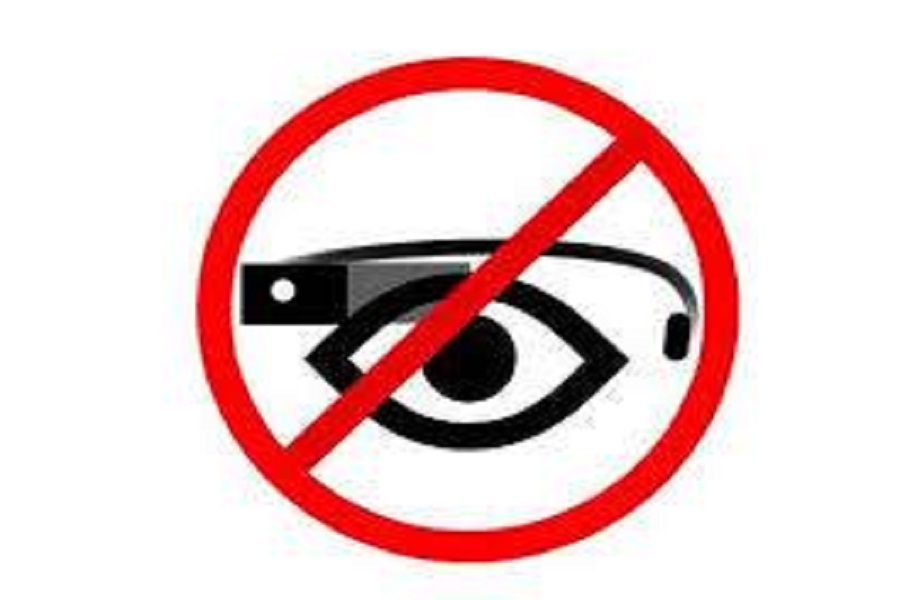

Google Glass has come under fire for a range of privacy issues and its possible exploitation by media pirates, but now its potential to restrict the peripheral vision of wearers has now been flagged.
The warning comes from a study by academics at the University of California, reports the Telegraph, who used volunteers to test Google's headset. It was found that vision was significantly impaired from wearing the device, especially in the right hand corner where the display is situated.
Peripheral vision is important for drivers and cyclists, as it allows them to see oncoming vehicles.
Dr Edward Koo, clinical ophthalmologist at the University of California, San Francisco, said: "The Google Glass hardware produces a significant blocking effect of the right peripheral vision.
"The defect would not be compensated by the left eye and thus may negatively impact daily activities such as driving, cycling and running."
Comparing the results to those where the volunteers were wearing normal glasses, Google Glass was found to have much more impact on the peripheral vision of the wearers.
"In the UK, where the driving position is reversed, the potential blockage of right peripheral vision for on-coming traffic may be even more of a public safety hazard," Koo continued.
Get the ITPro daily newsletter
Sign up today and you will receive a free copy of our Future Focus 2025 report - the leading guidance on AI, cybersecurity and other IT challenges as per 700+ senior executives
"The right peripheral field is also essential for many other activities such as providing the ability to perceive obstacles and hazards when cycling or jogging on the roadway."
Last month, a man was the first known person to be treated by psychiatrists for internet addition brought on by over-use of Google Glass.
Cinemas in the UK and US have made moves to ban the use of the head-mounted computers out of fear it may aid movie piracy and make it harder for staff to detect culprits.
A spokesperson for Google Glass commented on the new findings, saying: "Put on your favourite shades, glasses, baseball hat, or hoodie, and you'll quickly see that this study tells us what we already know; wearing something on your face or head may affect your peripheral vision.
"From the beginning, the Glass team has worked closely with a range of experts to develop a device that is safe for use, and after extensive study they have not found any safety issues when it's used correctly."
Caroline has been writing about technology for more than a decade, switching between consumer smart home news and reviews and in-depth B2B industry coverage. In addition to her work for IT Pro and Cloud Pro, she has contributed to a number of titles including Expert Reviews, TechRadar, The Week and many more. She is currently the smart home editor across Future Publishing's homes titles.
You can get in touch with Caroline via email at caroline.preece@futurenet.com.
-
 Should AI PCs be part of your next hardware refresh?
Should AI PCs be part of your next hardware refresh?AI PCs are fast becoming a business staple and a surefire way to future-proof your business
By Bobby Hellard
-
 Westcon-Comstor and Vectra AI launch brace of new channel initiatives
Westcon-Comstor and Vectra AI launch brace of new channel initiativesNews Westcon-Comstor and Vectra AI have announced the launch of two new channel growth initiatives focused on the managed security service provider (MSSP) space and AWS Marketplace.
By Daniel Todd
-
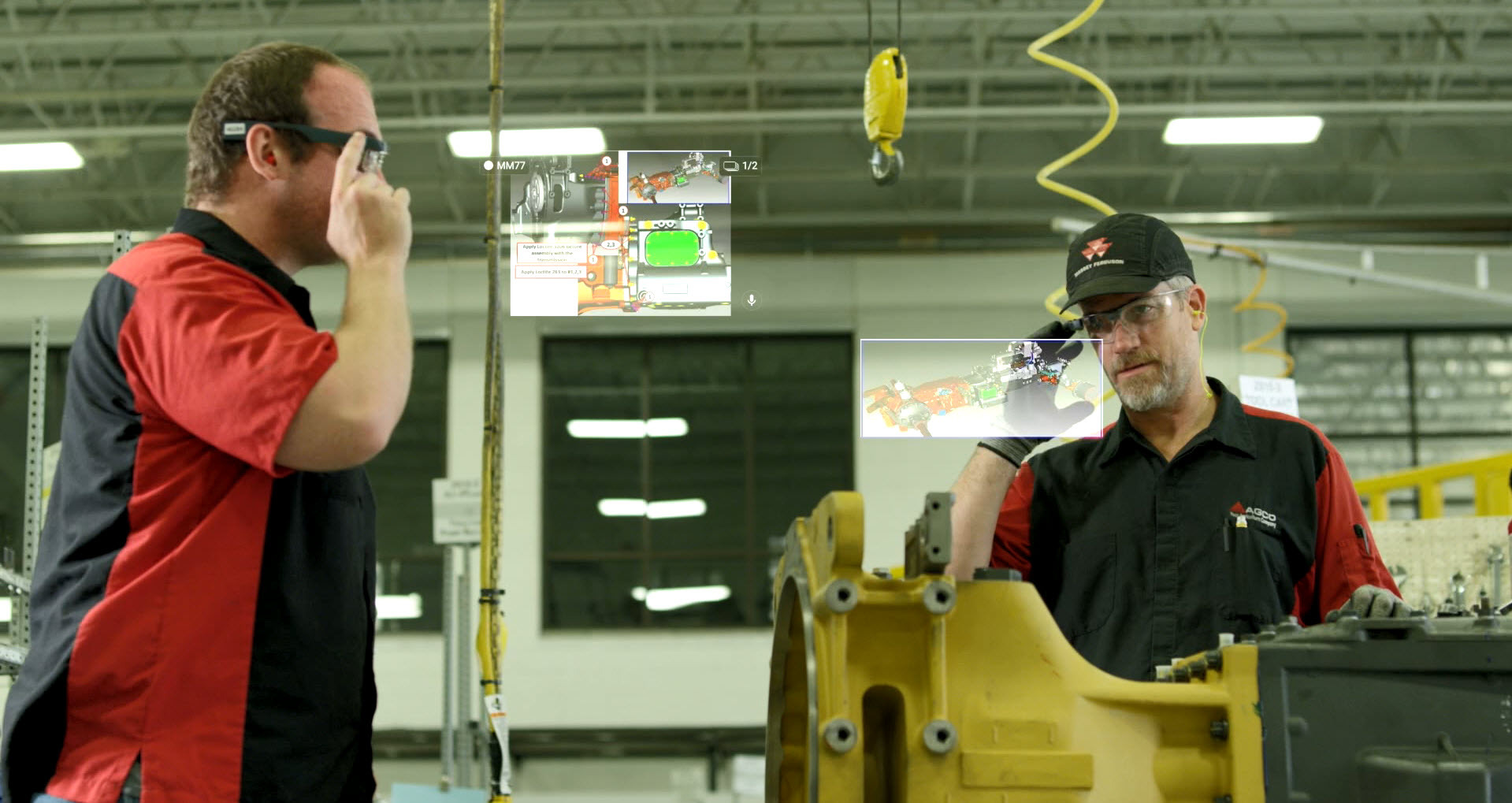 Google Glass Enterprise Edition targets key business verticals
Google Glass Enterprise Edition targets key business verticalsNews Google brings wearable back from the dead with business-focused successor
By Adam Shepherd
-
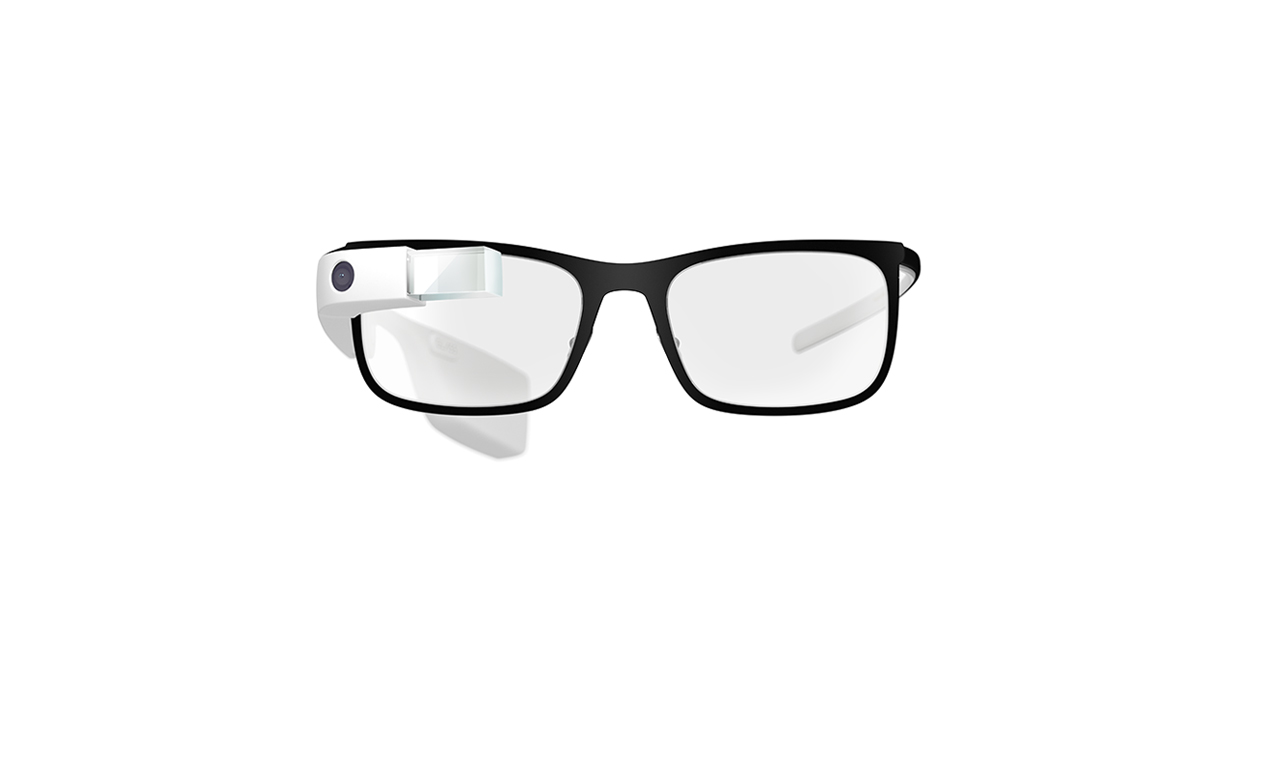 Does a Google Glass firmware update signal a comeback?
Does a Google Glass firmware update signal a comeback?News Google's ill-fated wearable could be set to return
By Adam Shepherd
-
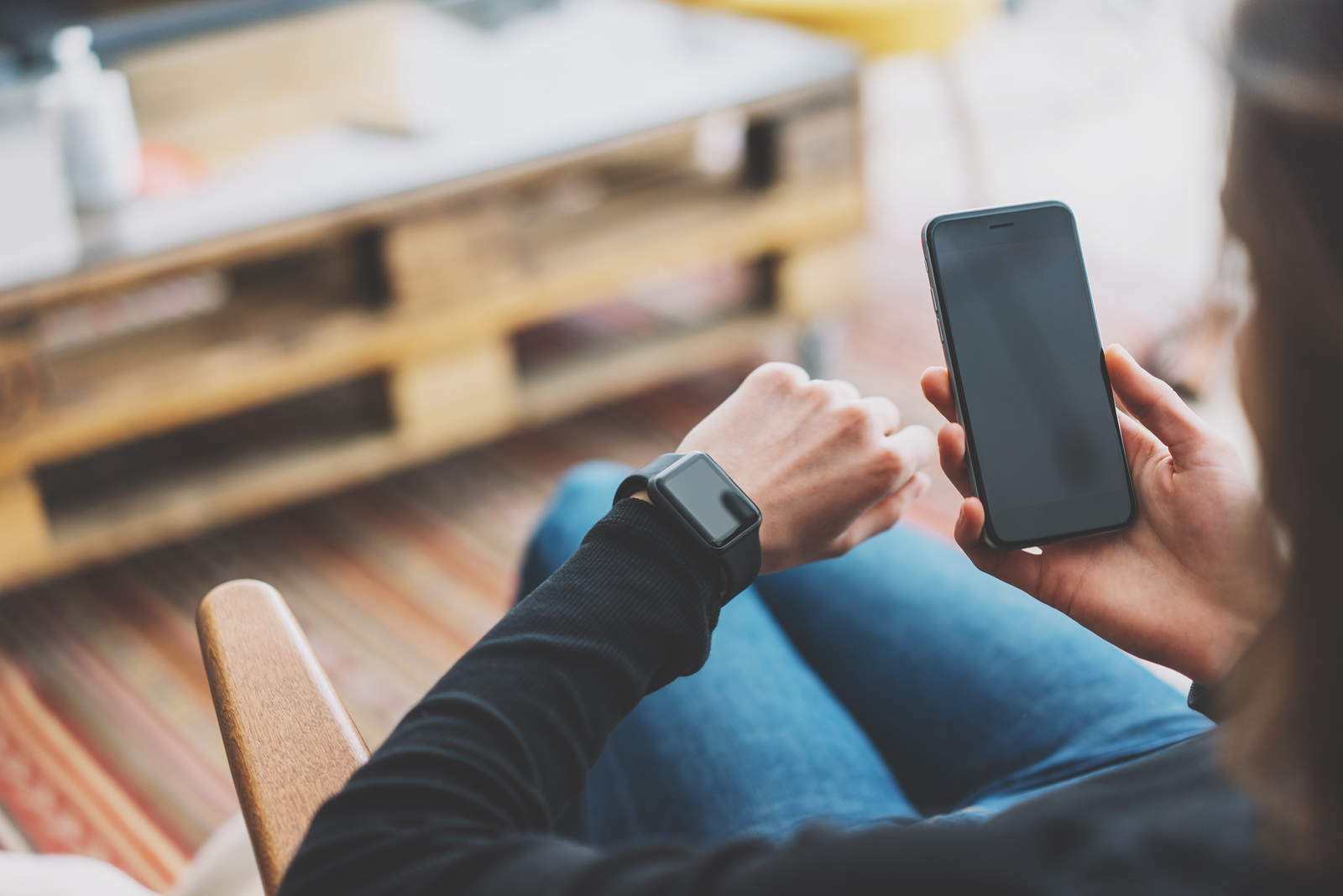 Wearables: First Windows 10 smartwatch is on its way, and it means business
Wearables: First Windows 10 smartwatch is on its way, and it means businessNews Specs are hard to come by, but we know it will be built on Microsoft's Windows 10 IoT OS
By Dale Walker
-
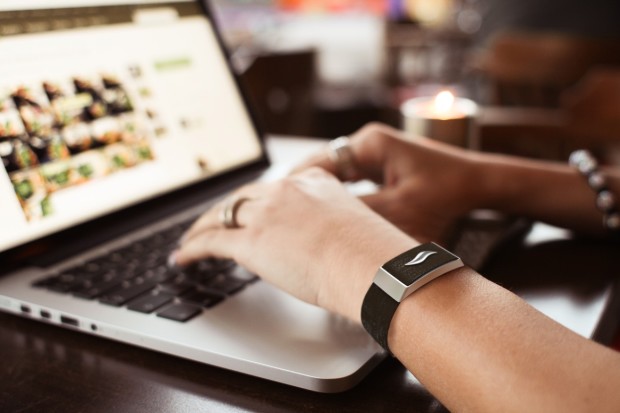 The best wearable devices for business
The best wearable devices for businessBest The best lightweight devices to help you stay productive during a busy workday
By Dale Walker
-
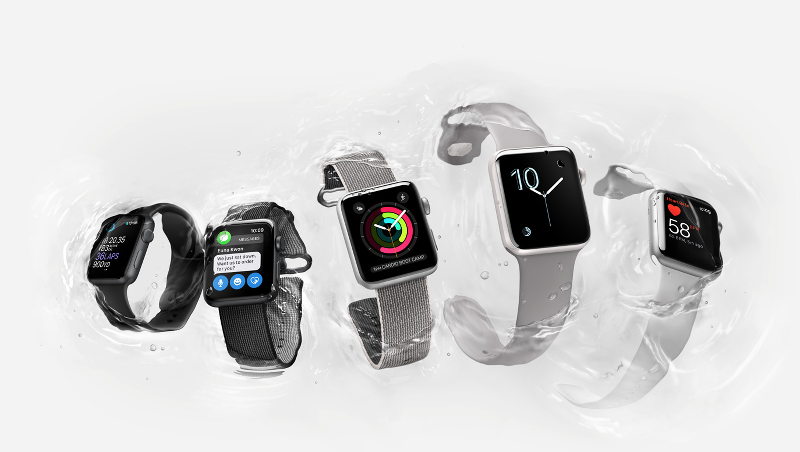 Apple Watch Series 2 review: First look
Apple Watch Series 2 review: First lookFirst look If you waited for the second generation, you haven't wasted your time
By Jane McCallion
-
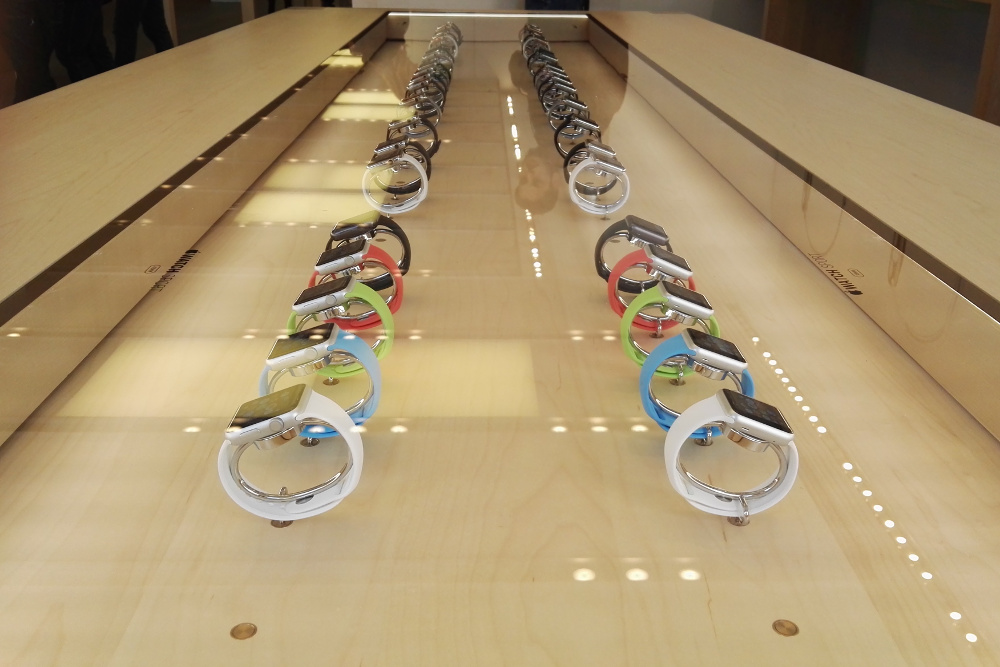 Apple watchOS 3 release date and features: watchOS 3 update available on 13 September
Apple watchOS 3 release date and features: watchOS 3 update available on 13 SeptemberRumours watchOS 3 can be downloaded from Tuesday next week
By Jane McCallion
-
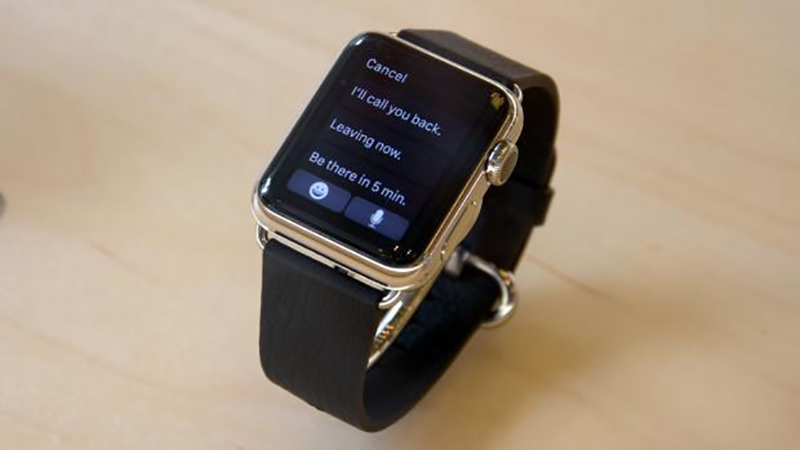 Apple Watch release date, price, features, availability and delivery date: Special edition Apple Watch bands arrive for the Olympics
Apple Watch release date, price, features, availability and delivery date: Special edition Apple Watch bands arrive for the OlympicsRumours But will only be available in Brazil
By Maggie Holland
-
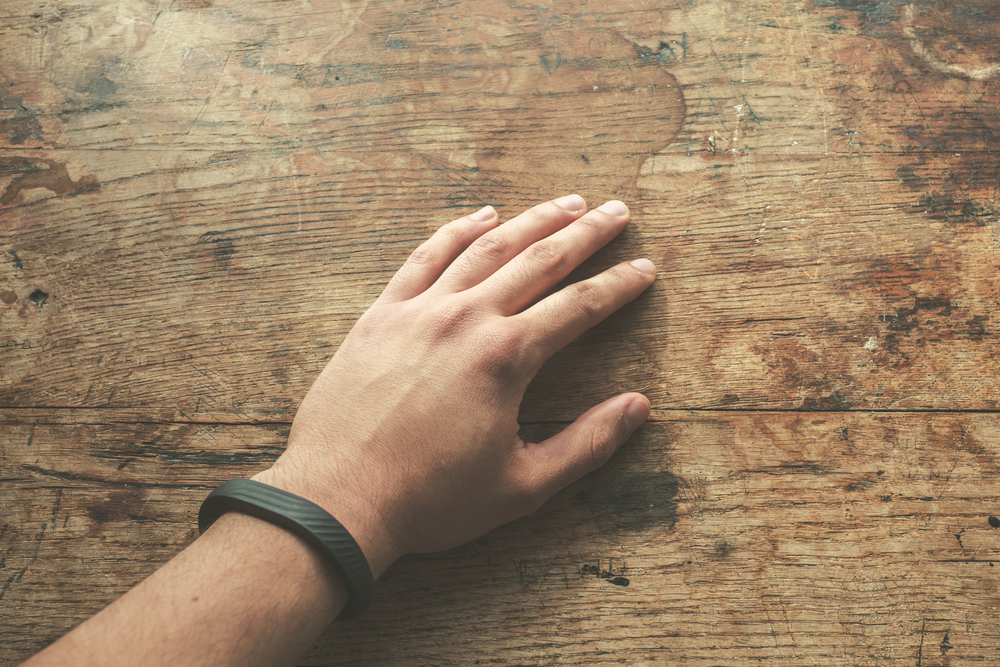 Fitbit patents ruled invalid in Jawbone lawsuit
Fitbit patents ruled invalid in Jawbone lawsuitNews ITC judge recommends case be thrown out
By Adam Shepherd